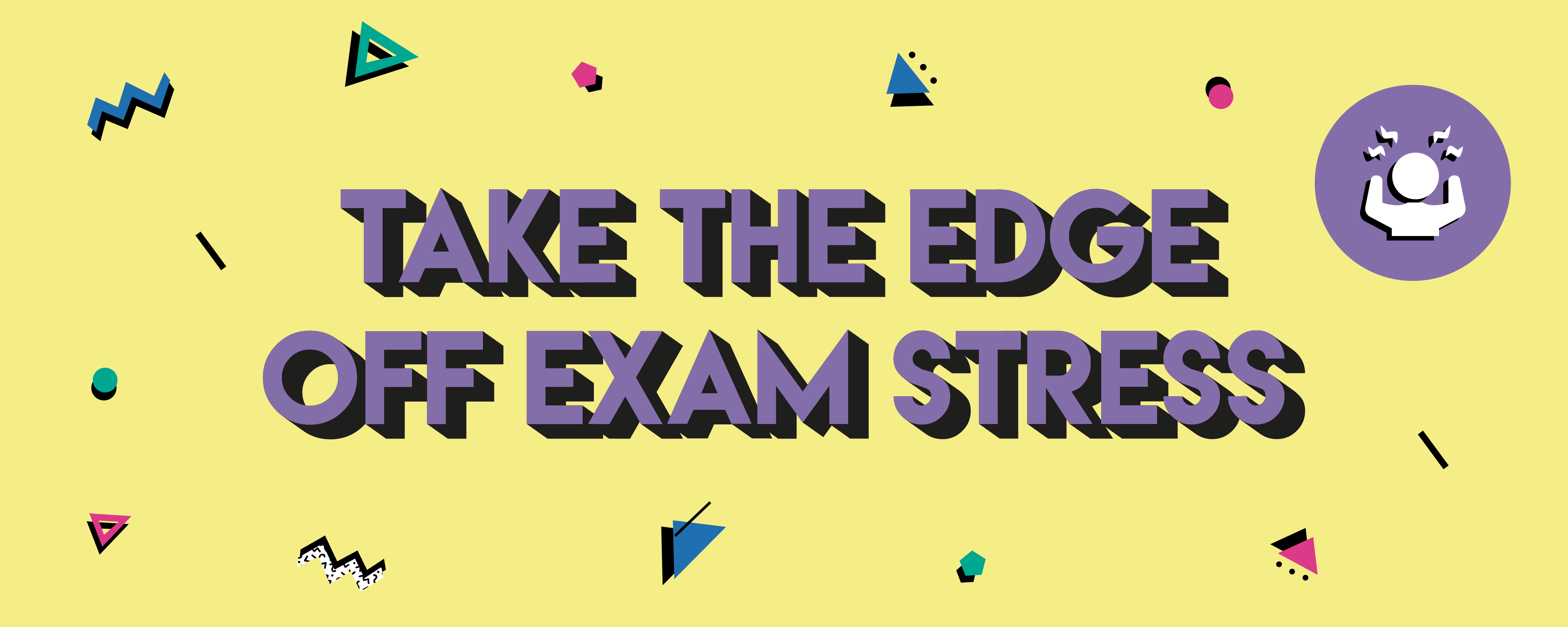Founder of Keep Real, Kimberley Robinson, shares her tips on how to manage stress this exam season.
Stress is our natural response to situations that demand our attention. Whether it is a life-saving reaction of running away from danger, the build-up of our fears of the future as we progress through education or the everyday pressures of life, stress tends to affect us all.
So how do we manage it, especially in exam time?
Many of us have heard of the ‘fight or flight’ response. This is when our brain and body work as one in a stressful situation; psychological stress where we feel pressure (thoughts of failure, impending deadlines) and our body’s natural response to this (hormones kicking in; adrenalin preparing you for action and cortisol to give you a burst of energy).
It is our body and mind’s way of telling us that we need to protect ourselves, to either fight (face things head on) or flight (remove yourself from the situation or demand). Although exams are something many of us would like to run away from, there are some proven methods to alleviate stress during exam time.
- Plan backwards: From the exam time or date, allow yourself small 20-minute slots of reading or exam prep. Have a focus for each day and be gentle with yourself. It’s important to take regular breaks and if you’re running out of time, focus on what you can revise, not what you can’t. This leads on to…
- All-nighter a no-no: We’ve all heard of ‘pulling an all-nighter’ this method of studying is sadly a huge no-no when it comes to overall stress levels. If we are battling for time on looming exam days, it can be tempting to try it often with the help of caffeine. However, our body fights the caffeine we try to consume to help us stay awake. We’re in a constant ‘must stay awake’ and ‘sleep mode’ which decreases our ability to concentrate and remember important information. Swat up what you can, but sleep helps us retain the information better than no sleep at all. Take a hot bath or shower, get those ZZZs and feel ready for the exam day ahead.
- Curve concentration: Finding it hard to remember important facts? You might not have found your best suited learning style. Some of us find it easier to focus when using images, others feel better learning in groups or through music and touch.
- Power nap: The term power nap was actually given to pilots to avoid sleep deprivation on long flights. If you struggle to study and swat up for an upcoming exam, 10 to 30-minute power naps have been proven to momentarily increase basic concentration levels. There has never been a greater excuse to sleep!
- Reduce alcohol: Alcohol is one of the most powerful suppressors of deep REM sleep. Try and stay off the booze during exam times. Alcohol consumption reduces our ability to retain information when we go to sleep, don’t allow yourself to forget all the hard work you’ve been putting in.
For more stress busting advice, visit the Keep Real workshop, 30th January, 6:30pm, Common Ground, Leeds University Union. Sign up here.
Sources
Why We Sleep, Matthew Walker
Looking After Your Mental Health, Felicity Brooks








